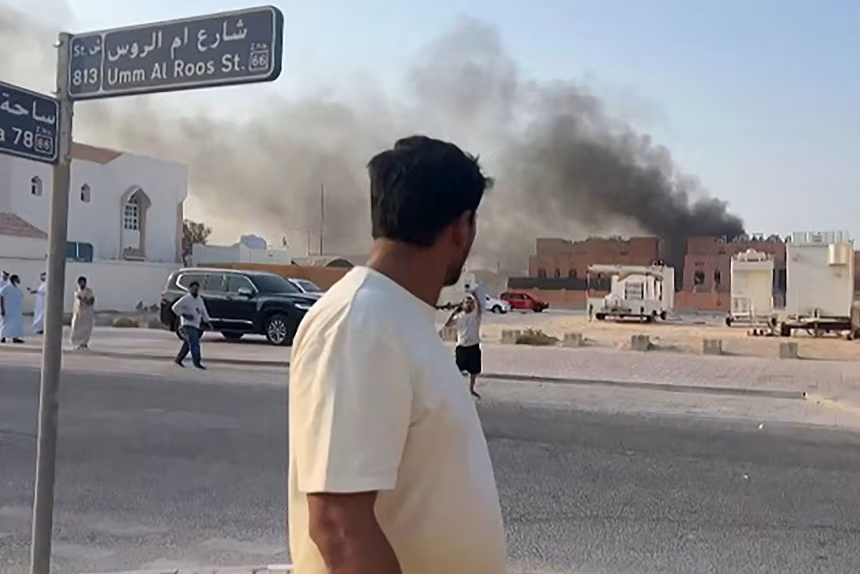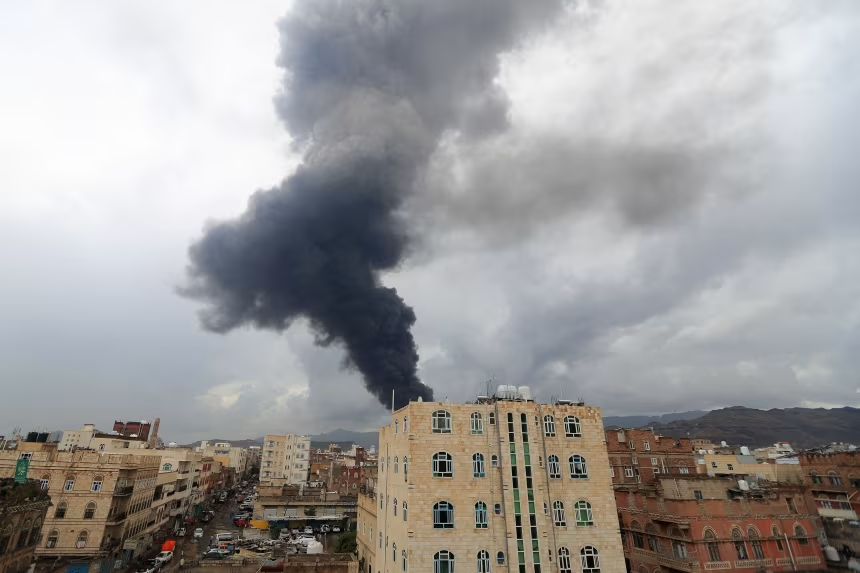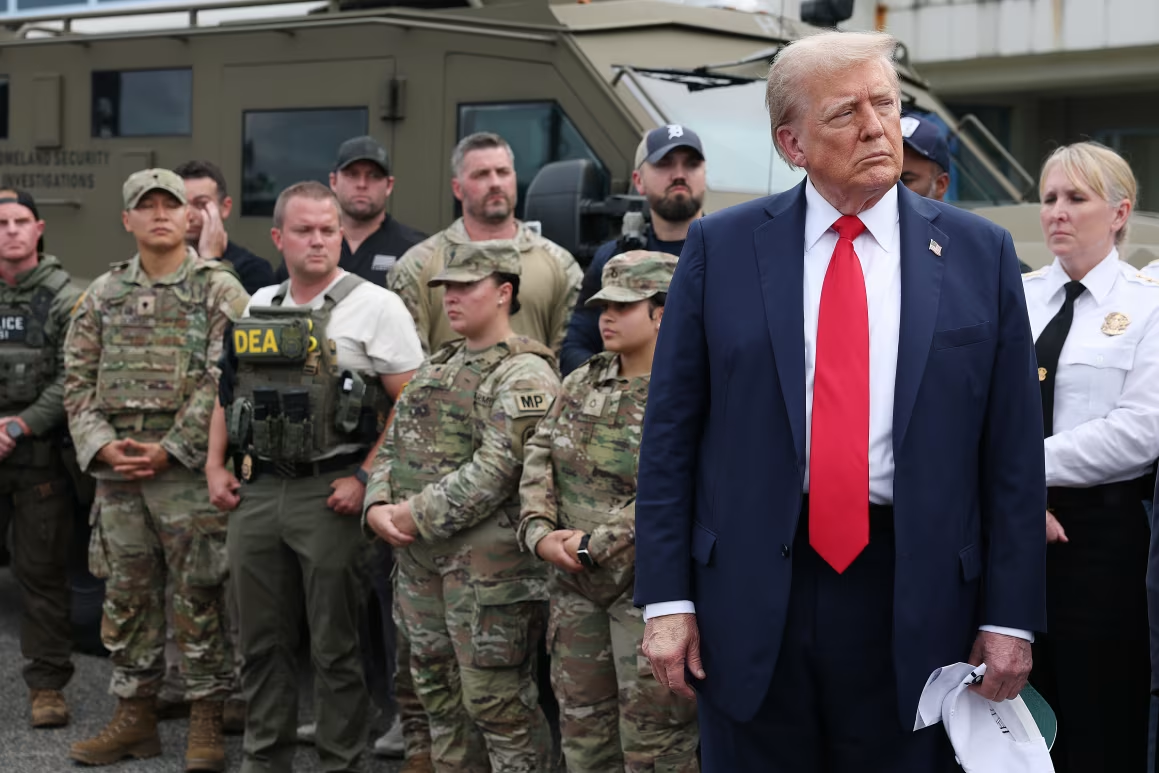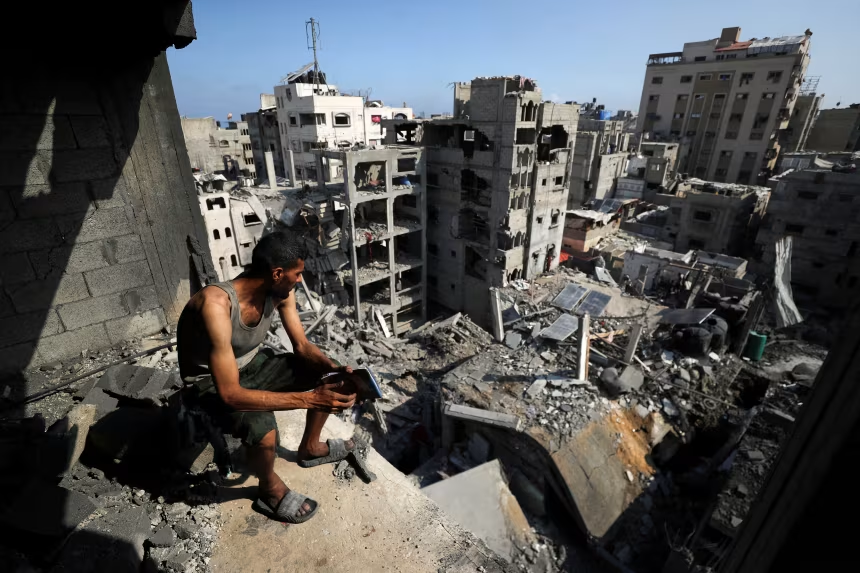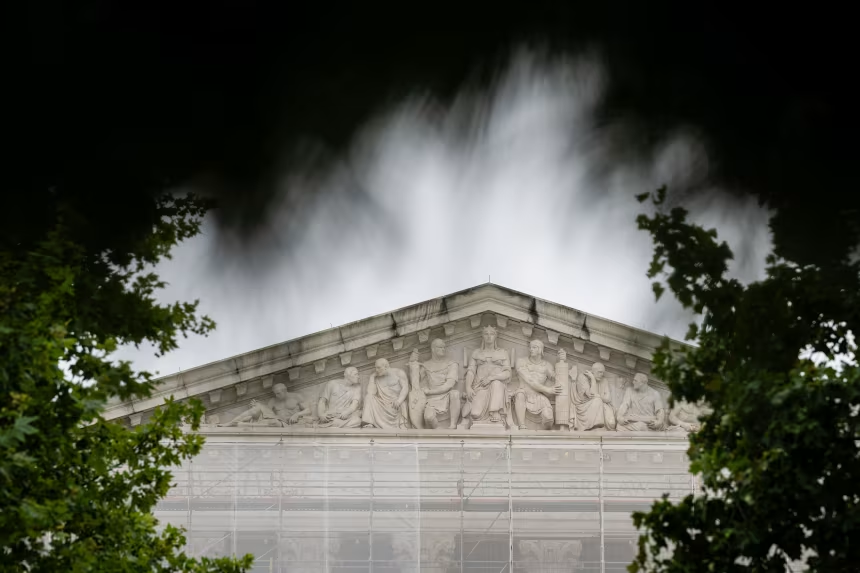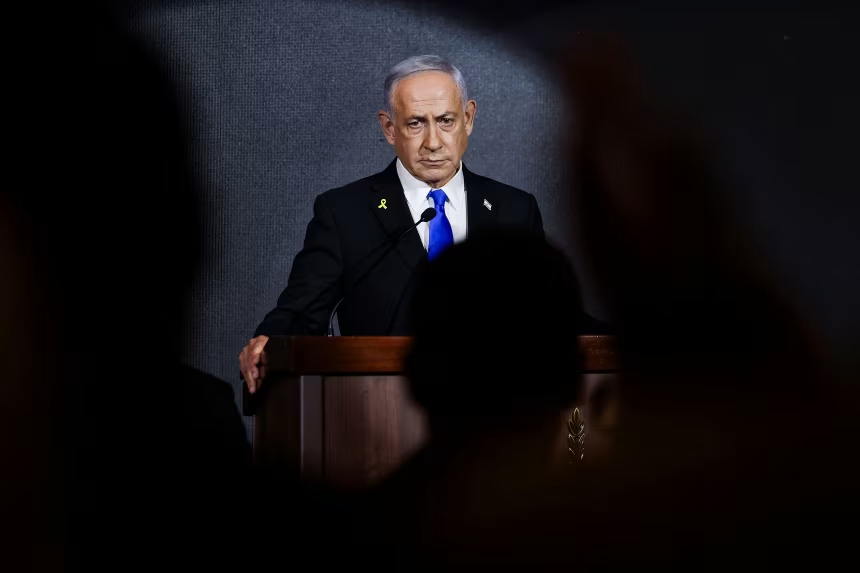The fallout from Israel’s strike on Hamas leadership in Doha, Qatar, has widened into a political storm after former U.S. President Donald Trump expressed deep frustration at the attack. The strike killed six people, including a Qatari officer and the son of senior Hamas figure Khalil al Hayya, and risked derailing ceasefire talks mediated in the Gulf state.
According to the White House, Trump personally directed his aide Steve Witkoff to alert Qatari officials that an Israeli operation was imminent. He later spoke with both Prime Minister Benjamin Netanyahu and the Emir of Qatar, assuring the latter that such an incident would not be repeated. Despite those private calls, Trump went public with his displeasure. He described the attack as “unfortunate” and said it did not serve the interests of either Israel or America.
The former president added that he was “not thrilled about the whole situation” and promised a more detailed statement in the coming days. His press secretary also called the strike an unfortunate incident and stressed that the decision to carry it out belonged solely to Israel.
Qatar, which has been a key mediator in truce and hostage negotiations, denounced the strike as a violation of sovereignty. International voices including the United Nations and Russia condemned the escalation, warning that it undermined fragile diplomacy. Russia labeled the strike a gross violation of international law, while U.N. Secretary General António Guterres described it as a flagrant breach of sovereignty.
For Trump, the episode presents a delicate balancing act. He has been a staunch supporter of Israel, but the targeting of Hamas in Qatar during active peace talks crossed a line that even his administration could not ignore. The anger in Doha, combined with global backlash, has placed new pressure on Washington to manage its alliance with Israel while protecting vital relationships in the Gulf.
The strike marks the first known Israeli military action on Qatari soil and threatens to complicate any progress on ceasefire agreements in Gaza. Analysts warn that without renewed trust in Qatar’s role as mediator, the pathway to halting the war could collapse entirely.


